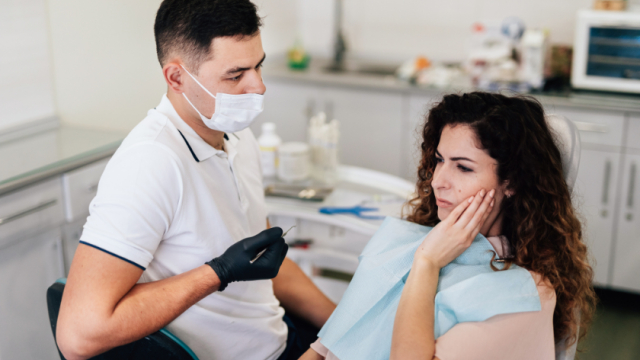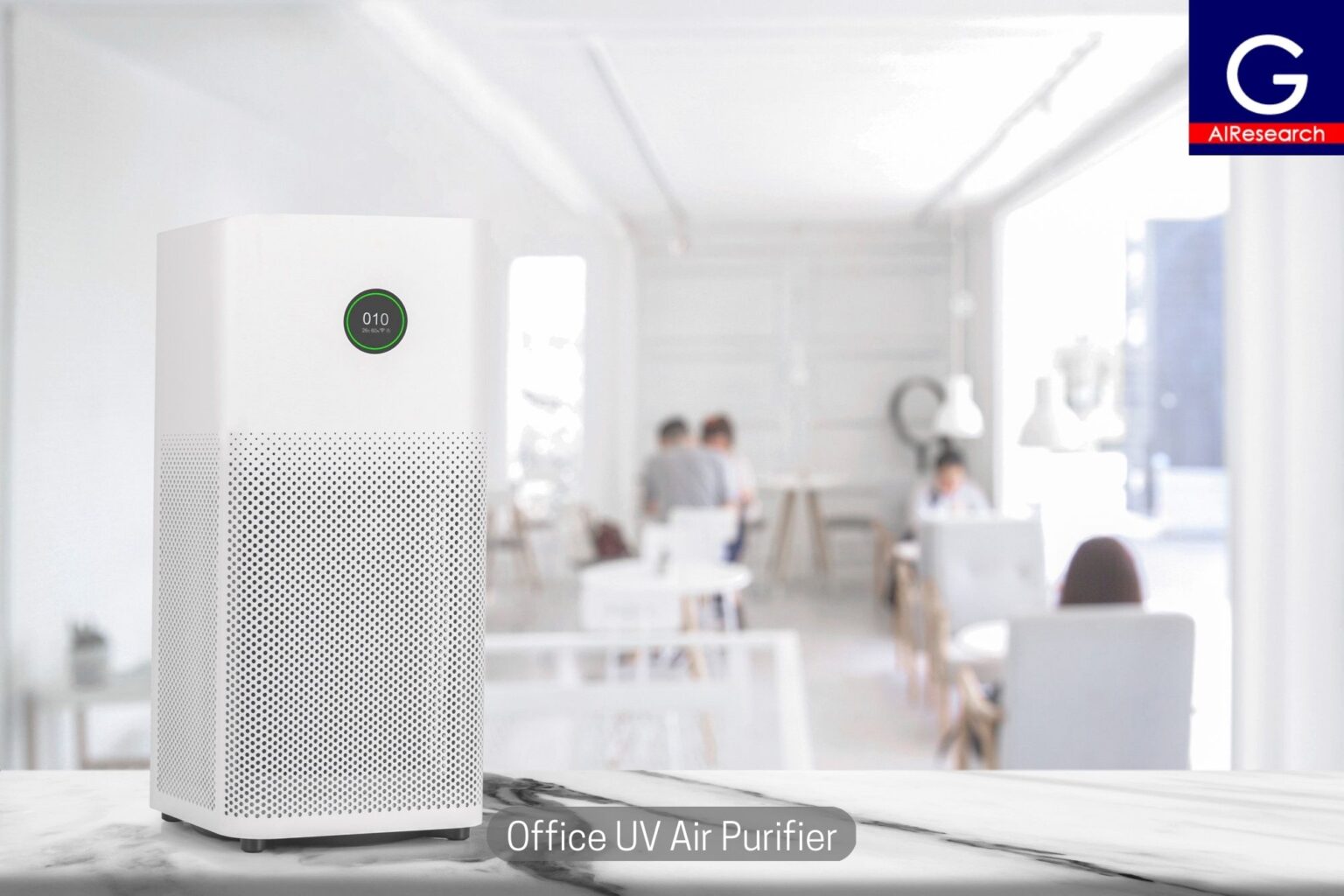In the bustling town of St Helens, we understand that dental emergencies can happen when you least expect them. Whether it’s a sudden toothache, a knocked-out tooth, or a broken crown, knowing where to turn for immediate help is crucial. This article will guide you through the essential information you need to know about emergency dental care in St Helens, ensuring that you are well-prepared in case of any dental mishaps.
What Constitutes a Dental Emergency?
Dental emergencies can take various forms, and it’s important to recognize when you or a loved one requires immediate dental care. Common dental emergencies include:
- Severe Toothache: A persistent and intense toothache can signal an underlying issue that needs urgent attention.
- Knocked-Out Tooth: If you’ve had a tooth knocked out due to an accident or injury, time is of the essence in trying to save it.
- Broken or Chipped Teeth: Fractured or chipped teeth can be painful and may require immediate restoration.
- Lost Crown or Filling: A lost dental crown or filling can expose sensitive areas of your teeth, leading to discomfort.
- Abscess or Swelling: Swelling in the gums or face can indicate an infection that should be treated promptly.
Where to Find Emergency Dental Care in St Helens
When a dental emergency strikes, it’s vital to know where to go for help. In St Helens, there are dedicated emergency dental clinics that specialize in providing immediate care for dental crises. One such clinic is Alverna House dental practice, conveniently located in the heart of St Helens. This clinic is equipped to handle a wide range of dental emergencies.
The Importance of Prompt Action
In any dental emergency, time is a critical factor. Delaying treatment can lead to further complications and increased pain. Therefore, it is essential to seek immediate dental care when you experience a dental emergency.
What to Do Before Reaching the Clinic
While on your way to the emergency dental clinic, there are some steps you can take to alleviate pain and potentially save your tooth:
- Toothache: Rinse your mouth with warm water, floss to remove any trapped debris, and take over-the-counter pain relievers if necessary.
- Knocked-Out Tooth: Handle the tooth carefully, holding it by the crown (top part) and not the root. Try to reinsert it gently into the socket if possible. If not, keep it moist in milk or saliva until you reach the clinic.
- Broken or Chipped Teeth: Rinse your mouth with warm water to clean the area. If there is bleeding, apply gentle pressure with gauze. Save any broken pieces if you can.
- Lost Crown or Filling: Use over-the-counter dental cement or temporary filling material to cover the exposed area. This will protect the tooth until you can see the dentist.
- Abscess or Swelling: Rinse your mouth with warm saltwater to help reduce the swelling. Do not apply heat or a hot compress directly to the swollen area.
What to Expect at the Emergency Dental Clinic
Emergencies can happen at any time, and dental issues are no exception. When you find yourself in need of urgent dental care, an emergency dental clinic in St Helens can provide the help you need. In this article, we will explore what to expect when you arrive at an emergency dental clinic, ensuring that you are prepared for the experience.
Prompt Assessment and Evaluation
One of the key aspects of visiting an emergency dental clinic is the prompt assessment and evaluation of your condition. As you arrive, the dental professionals will prioritize your dental emergency and quickly get to work assessing your situation. They understand that time is of the essence when it comes to dental emergencies, and their goal is to provide you with the necessary care as soon as possible.
Diagnostic Imaging
In some cases, the dentist may need to take X-rays to get a clearer picture of your dental issue. X-rays are valuable tools that can reveal hidden problems such as fractures, infections, or impacted teeth. By obtaining this crucial information, the dentist can make a more accurate diagnosis and develop an effective treatment plan tailored to your specific needs.
Discussion of Treatment Options
Once your condition has been assessed, the dental professional will discuss the available treatment options with you. They will explain the pros and cons of each option and answer any questions or concerns you may have. It’s essential to have a clear understanding of your treatment choices so that you can make an informed decision about your dental care.
Immediate Pain Relief
Dental emergencies often involve varying degrees of pain and discomfort. The primary goal of the emergency dental clinic is to alleviate your pain and address the issue causing your distress. Depending on your specific situation, the dentist may administer pain relief medications, perform a minor procedure, or recommend further treatment to resolve the problem.
Efficient and Effective Care
Emergency dental clinics are well-equipped to handle a wide range of dental emergencies, from severe toothaches to broken teeth or lost dental restorations. The dental professionals working in these clinics are experienced in providing efficient and effective care to address your immediate needs. They understand the urgency of the situation and are trained to act swiftly and decisively to relieve your discomfort and prevent further complications.
Payment and Insurance
Emergency dental care is essential, but it’s also crucial to consider the financial aspect. Most emergency dental clinics in St Helens accept various payment methods, including cash, credit cards, and dental insurance. However, it’s advisable to check with the clinic beforehand regarding their accepted payment options and insurance policies.
Preventing Dental Emergencies
While knowing where to find emergency dental care is vital, prevention is always better than cure. Here are some tips to help reduce the risk of dental emergencies:
- Maintain Good Oral Hygiene: Regular brushing, flossing, and dental check-ups can prevent many dental issues.
- Wear Protective Gear: If you play sports, consider wearing a mouthguard to protect your teeth from injuries.
- Avoid Chewing Hard Objects: Be cautious when chewing on hard foods or using your teeth to open packages.
- Visit Your Dentist: Routine dental visits can identify and address potential dental problems before they become emergencies.
Read for more information:https://www.alvernahouse.co.uk/composite-bonding/
Conclusion
In the charming town of St Helens, you can rest assured that emergency dental care is readily available when you need it most. Remember, dental emergencies can happen to anyone, so being prepared and knowing where to go for help is essential. With the right knowledge and quick action, you can ensure that your dental emergency in St Helens is handled with expertise and care.




